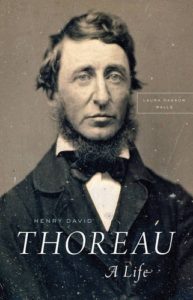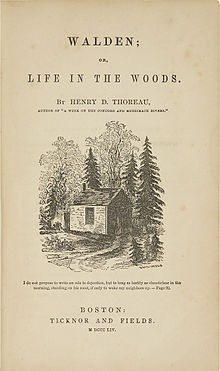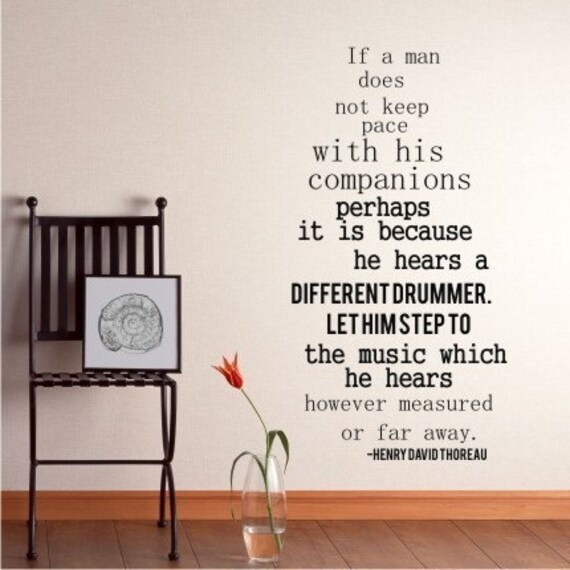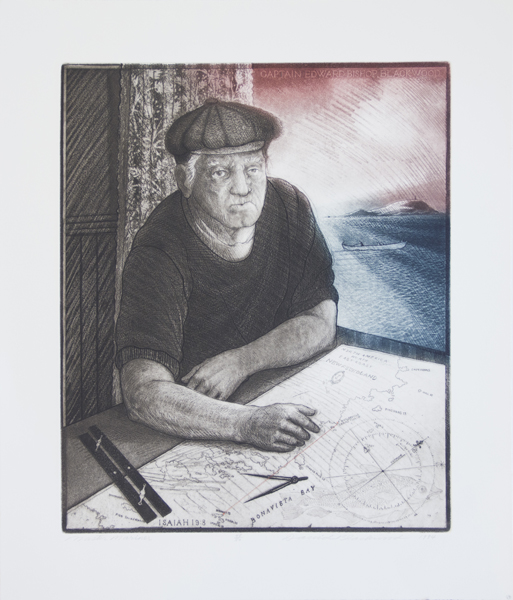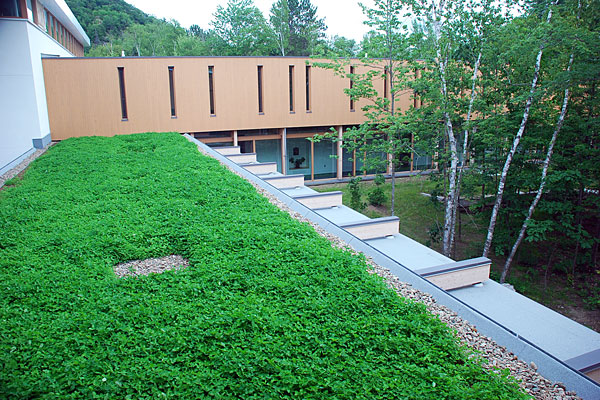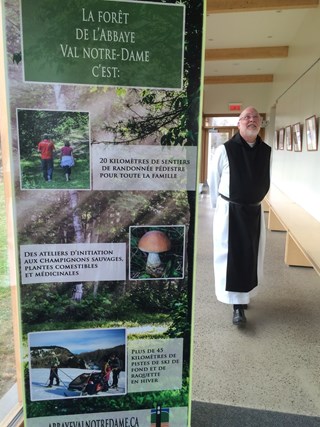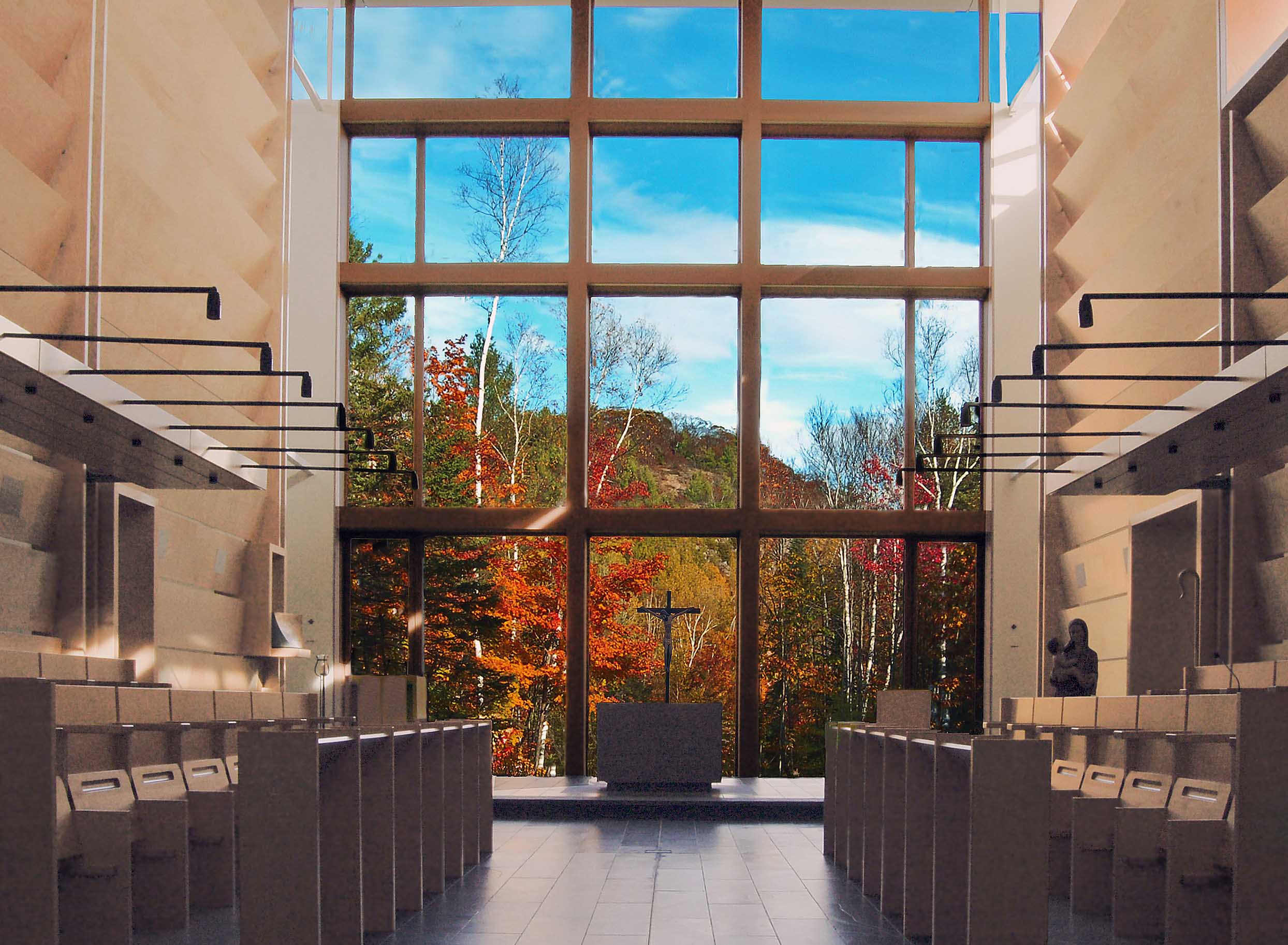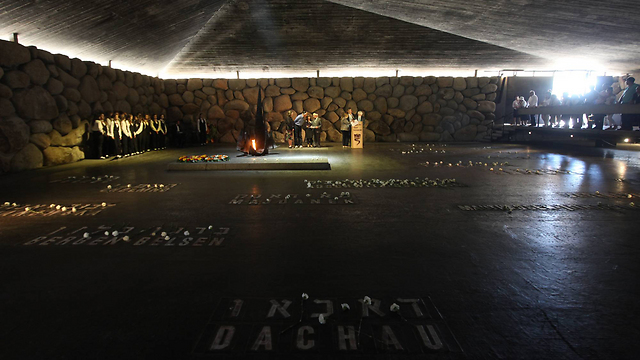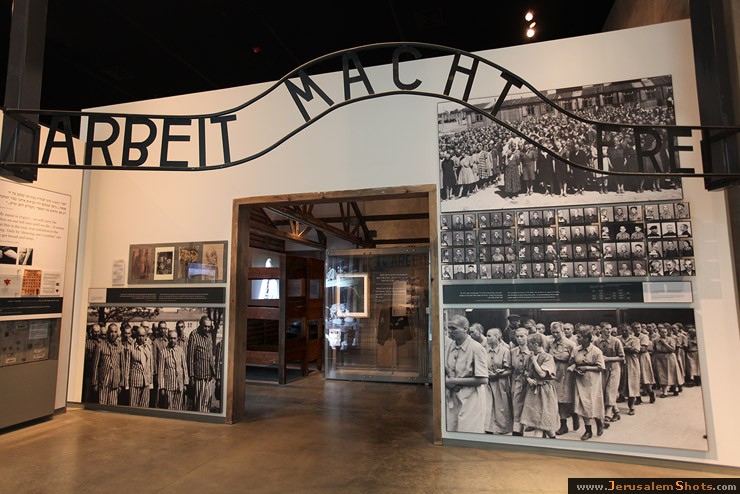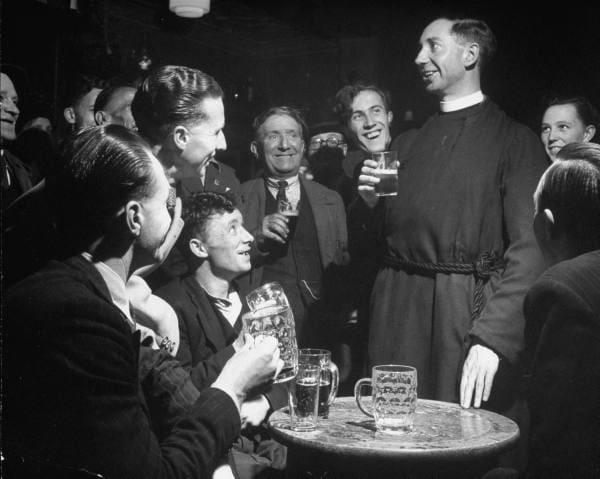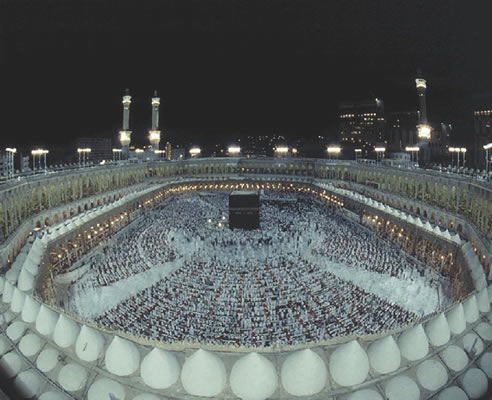
Yesterday began the pilgrimage period of Islam known as the Haj. Devout Muslims who are physically able to make this journey to Mecca are expected to do so at least once in their lifetimes, as one of the five pillars of the religion. http://www.aljazeera.com/amp/focus/hajj/2009/11/2009111895127111168.html
Roughly two million will do so again this year and the Haj can be dangerous with the press of so many people in such a concentrated area. Despite the efforts of the Saudi government to make the experience safer, year to year we hear about the deaths of people, sometimes in the hundreds, who are caught in human stampedes.
Most religions have some form of pilgrimage, either historically or in the present day. The "tween" Jesus was separated from his anxious parents during one of the annual Passover pilgrimages. The Canterbury Tales are Chaucer's bawdy interpretation of the trek to the cathedral city.
El Camino de Santiago, or The Way, is a medieval pilgrimage route in Spain which has become popular again, amongst Christians and other questers. Of course many people of the three great monotheistic religions make a trip to Israel and it is more common for some to actually walk a portion of their exploration of the country as a form of pilgrimage.
There is something about literally and figuratively stepping out of the conventions of life to awaken to other realities which has always been appealing to humans. Despite the discomfort and even the danger of such journeys, the spiritual benefits continue to attract young and old, people of deep religious convictions and those who with none at all.
Have you every done something akin to a pilgrimage? Our son, Isaac, walked the 800+ kilometres of the Camino at age 19, but I've had no desire to do so. Have you done something as an alternative, such as a lengthy wilderness canoe trip or hike? Do you understand why people do this, or does it mystify you?

